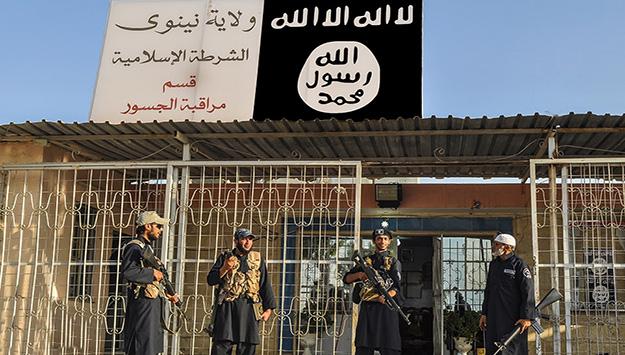
How should the Arab world confront the Islamic State? Ross Harrison argues that while a military effort by the West and its coalition partners is important, it is equally important that Arab governments, through regional cooperation and addressing the question of Arab identity, challenge it politically.
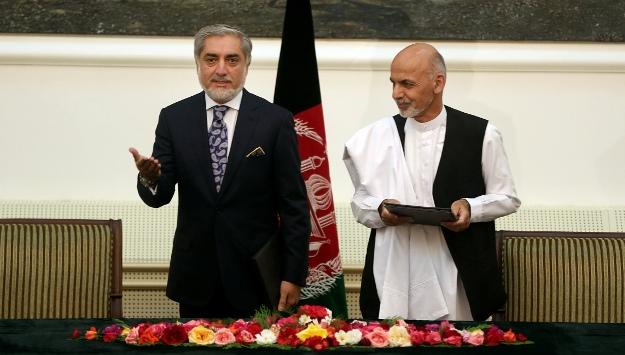
Despite an increased Taliban insurgency, cooler Afghan-American relations, and a sagging economy, Abdullah Abdullah and Ashraf Ghani's recent formation of an Afghan unity government in the wake of contested presidential elections could prove to be an important step toward stability and good governance. Marvin Weinbaum and Meena Yousufzy explain.
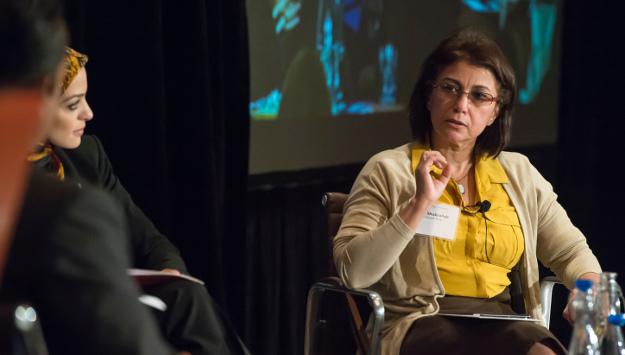
Hala Shukrallah, president of Egypt’s Al Dostour Party, spoke with MEI about the party’s preparations for parliamentary elections, its legislative agenda, and the challenges it will face in Parliament.
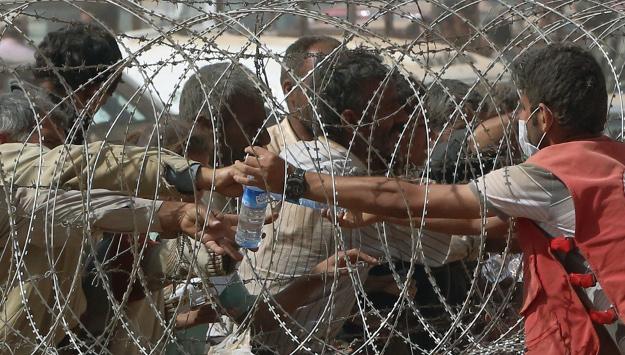
The most realistic short-term policy goal in Syria is to find ways to limit the areas of the country in direct conflict, writes Steven Simon for the New York Review of Books. This goal is not as far-fetched as it sounds, and there is already a basis for pursuing it.
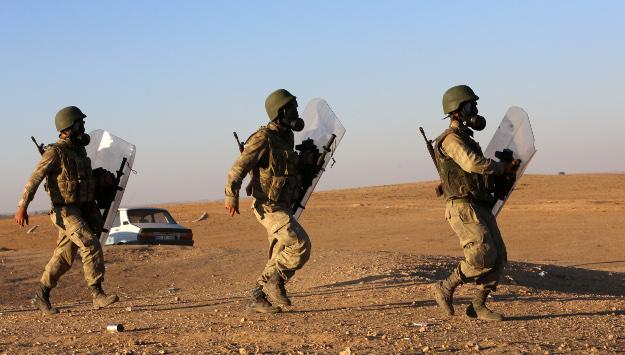
Amid mounting pressure to become more active in the U.S.-led coalition against ISIS, the Turkish parliament authorized its military to enter Syria and Iraq, and will allow foreign troops to operate out of Turkish bases. However, this heralds neither a complete about-face in policy toward Syria nor immediate military action, says Gonul Tol.
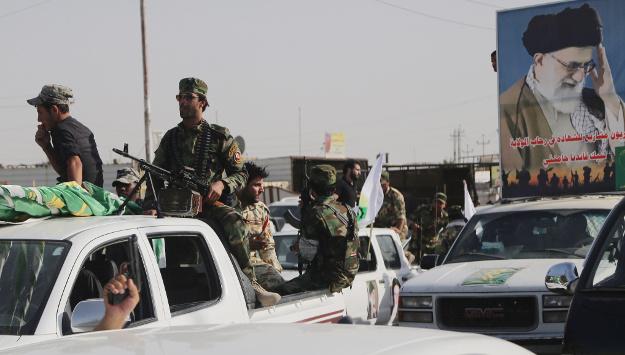
History shows that Tehran has been willing to turn a blind eye to the militancy of Sunni jihadists--as long as Iran was not the target, writes Alex Vatanka. Although they often fought jihadists, they also at times have enabled and even encouraged Sunni-jihadist militancy.
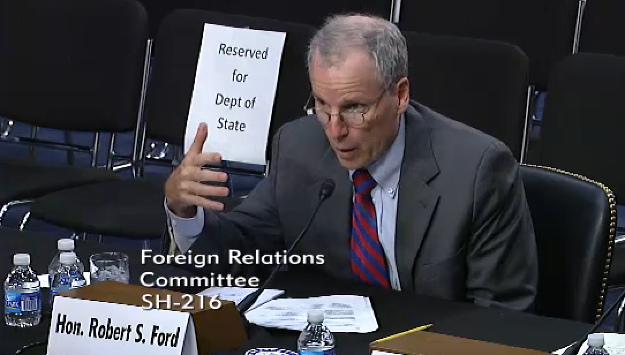
Putting down the Islamic State in Iraq and Syria may take years, but it is achievable, said Amb. Robert Ford in testimony before the Senate Foreign Relations Committee on September 17, days before the United States commenced airstrikes against ISIS targets in Syria.
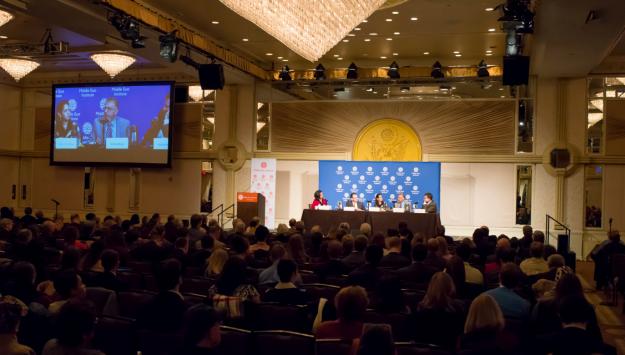
MEI's 68th Annual Conference, "Navigating the Storm: The Middle East in 2015" is quickly approaching. Registration is free for the all day conference on Thursday, November 20th. Learn more about the panelists and sign up today!
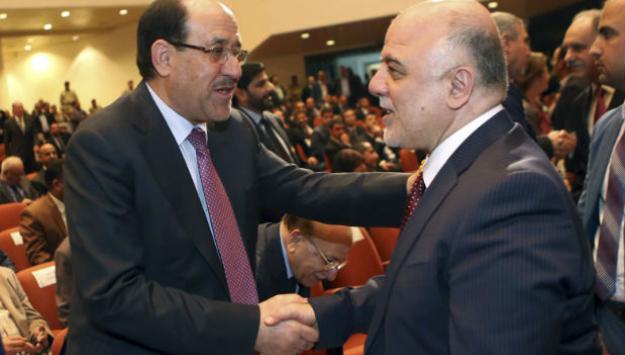
During his first week in office, Iraq’s new prime minister, Haydar al-Abbadi, has made a number of significant announcements, ranging from highly symbolic moves to more wide-ranging initiatives. Reidar Visser lists some of the ways in which Abbadi and differs from his predecessor, Nuri al-Maliki.
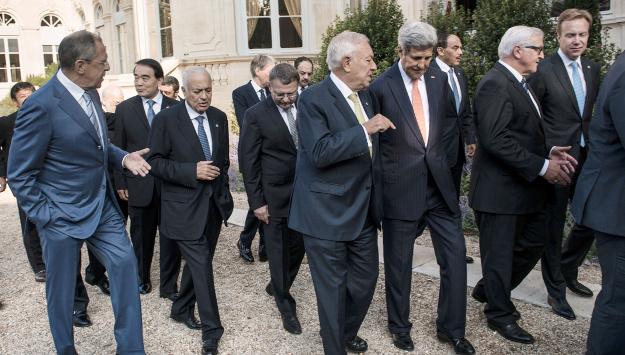
After Iraq invaded Kuwait in 1990, President George H.W. Bush and his secretary of state, James A. Baker, worked for months to organize a “coalition of the willing” to retake Kuwait and evict the Iraqis. It was a challenging diplomatic feat. But the situation confronting President Obama and Secretary of State John F. Kerry is considerably murkier.
